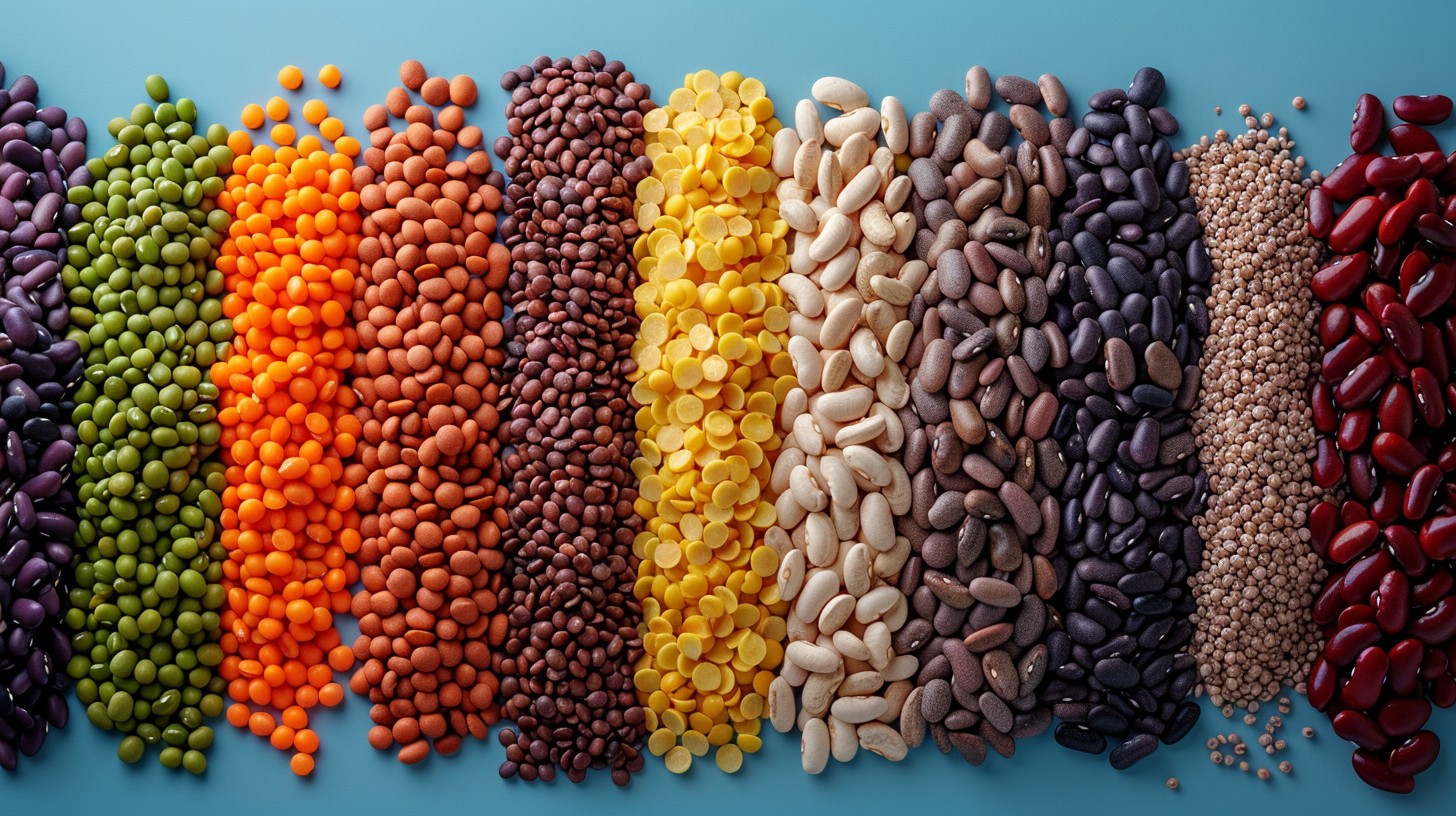Ask someone to give up eating beans or Brussels sprouts and you won’t get too much pushback. Ask that same person to give up eating meat and you may have a battle on your hands. All three are high in protein, so it isn’t a craving for amino acids that makes a meat free diet a difficult proposition. Ellen White knew how wedded most people were to the typical American diet which, in the 1800’s, included up to 200 pounds of meat per person each year. Still, throughout her life she wrote time and again of the benefits that come from eating a plant-based diet. She wasn’t trying to make people miserable; she just understood what it takes to be as healthy as possible, she cared about the mistreatment of animals, and she was thoughtful about the well-being of our planet.
Today, the average American eats 325 pounds of meat a year. According to earth.org, replacing 75% of our meat with plant-based foods would reduce global carbon emissions by 68%. This would be more effective in reversing climate change than switching all car, train, and plane motors from gas to electric. A lot of resources go into raising the livestock we eat; our meat industry consumes more freshwater than all the homes in America, and 70% of the pharmaceuticals we produce are given to farm animals who eventually become our food.
In the 1800’s, EGW was laughed at when she wrote that red meat caused cancer. But now the World Health Organization and the CDC say the same thing. Red meat is the #3 cause of cancer in the U.S., and it can play a role in 20 of the most common diseases we suffer from. An addiction is the inability to stop using a substance even when we know it is harming us, so it seems that meat really is addictive for many people. Vegetarianism isn’t an easy journey for many, but the benefits make the effort worthwhile.
Mrs. White was generations ahead of her time in promoting the many benefits of eating a plant-based diet.

